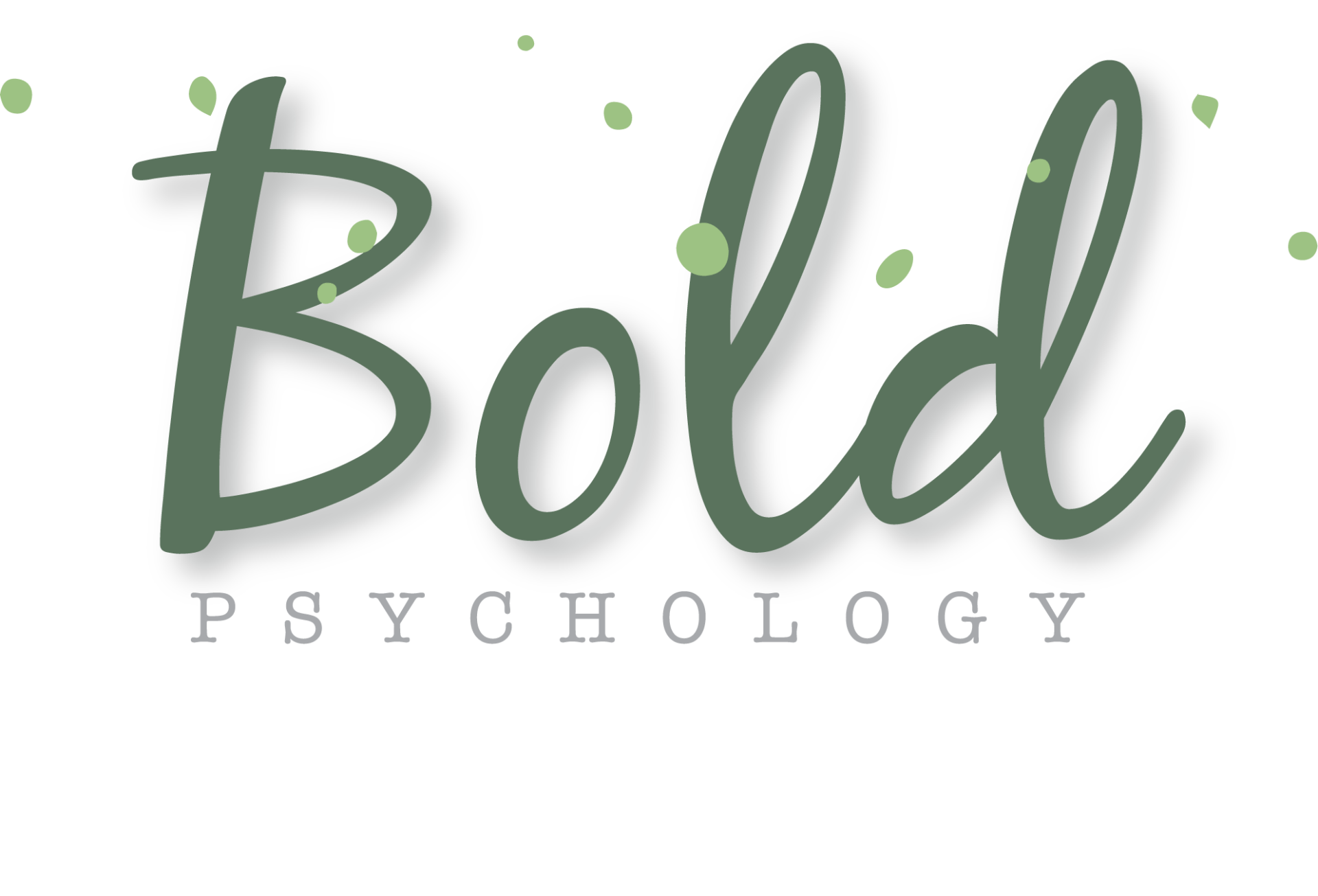What do you know about Anxiety?
By Melissa Farr
The first step in getting to know what anxiety means is acknowledging that both stress and anxiety are a normal part of life. Anxiety may come and go depending on what our environment is like and when natural fluctuations in stressful periods occur. Anxiety has developed as a bit of a buzz word in recent years, and there are common misconceptions about what it means to be experiencing anxiety versus sustaining an anxiety disorder. We recommend that before self-diagnosing with anxiety, have a chat with your GP as well as a mental health professional in order to determine the severity of the symptoms that you are experiencing in order to inform the best next step to take.
If you do decide to have a chat with a counsellor or psychologist, it may be helpful to understand how we begin treatment for anxiety. One of the ways we initiate treatment for anxiety in counselling sessions is to have a look at the whole picture of what could be going on for you right now, rather than focusing completely on the symptom/s. We go through an array of topics to determine if there could be more of an environmental process happening that is sustaining the anxiety or more cognitive (thought processes) that could better explain the symptoms.
For many of us, as we become entrenched in our patterns of living, we may not realise how much different aspects of our routines and relationships could be impacting the way we feel. Sometimes all it takes is having someone completely disconnected from our lives to see our situation differently and offer an alternative opinion to guide us to make gradual changes.
As part of this exploration, some common topics for us to cover in an initial session could be:
- Routines/lifestyle – are there parts of your daily living routine that could be triggering, sustaining or exacerbating your experiences of anxiety?
- Relationships (with yourself as well as with others) – are there any relationships that you find difficult to manage, tiring, unfulfilling or stressful? Are you as kind to yourself as you are to others?




